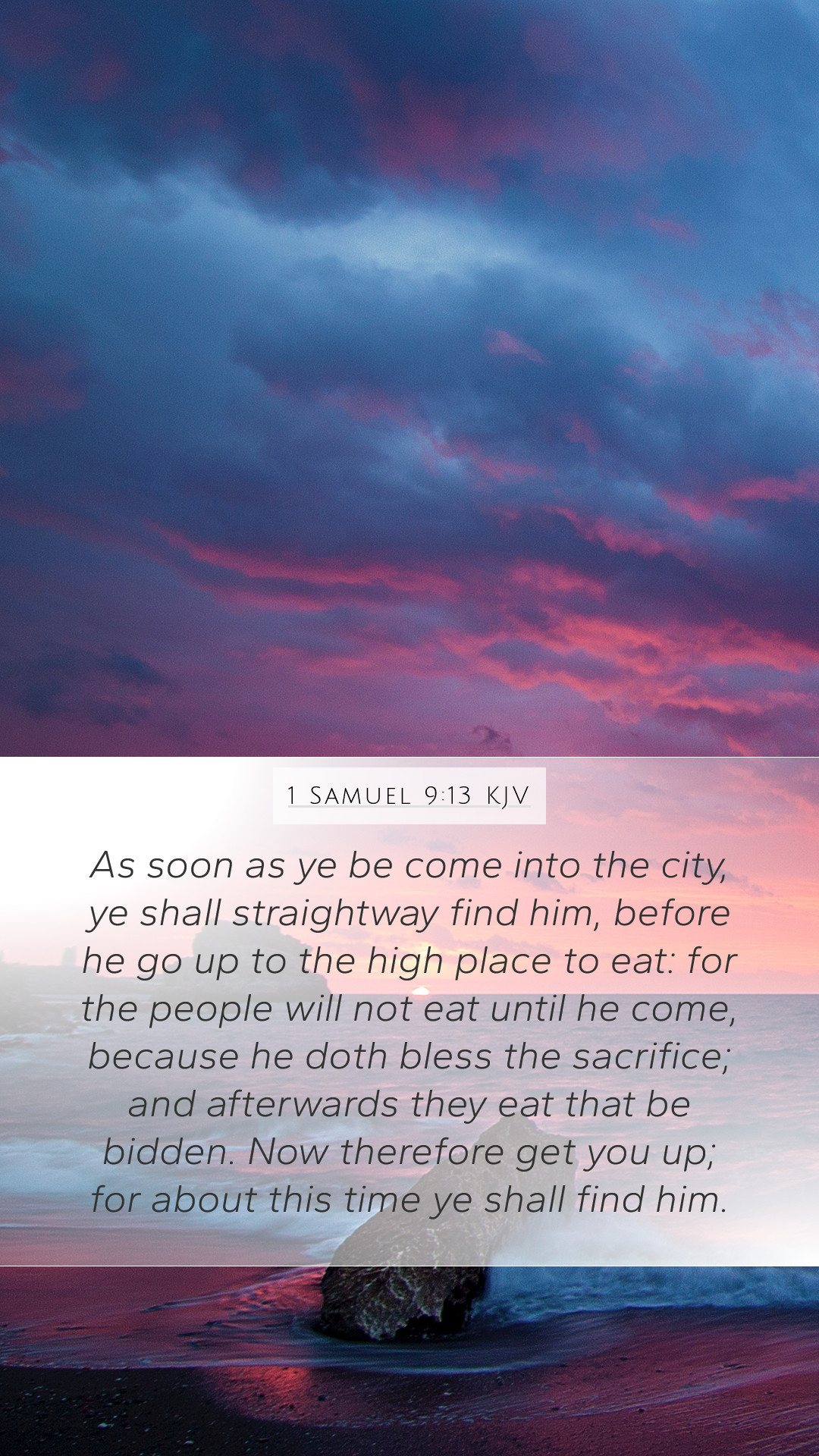Old Testament
Genesis Exodus Leviticus Numbers Deuteronomy Joshua Judges Ruth 1 Samuel 2 Samuel 1 Kings 2 Kings 1 Chronicles 2 Chronicles Ezra Nehemiah Esther Job Psalms Proverbs Ecclesiastes Song of Solomon Isaiah Jeremiah Lamentations Ezekiel Daniel Hosea Joel Amos Obadiah Jonah Micah Nahum Habakkuk Zephaniah Haggai Zechariah MalachiChapter
1 Samuel 1 1 Samuel 2 1 Samuel 3 1 Samuel 4 1 Samuel 5 1 Samuel 6 1 Samuel 7 1 Samuel 8 1 Samuel 9 1 Samuel 10 1 Samuel 11 1 Samuel 12 1 Samuel 13 1 Samuel 14 1 Samuel 15 1 Samuel 16 1 Samuel 17 1 Samuel 18 1 Samuel 19 1 Samuel 20 1 Samuel 21 1 Samuel 22 1 Samuel 23 1 Samuel 24 1 Samuel 25 1 Samuel 26 1 Samuel 27 1 Samuel 28 1 Samuel 29 1 Samuel 30 1 Samuel 31Verse
1 Samuel 9:1 1 Samuel 9:2 1 Samuel 9:3 1 Samuel 9:4 1 Samuel 9:5 1 Samuel 9:6 1 Samuel 9:7 1 Samuel 9:8 1 Samuel 9:9 1 Samuel 9:10 1 Samuel 9:11 1 Samuel 9:12 1 Samuel 9:13 1 Samuel 9:14 1 Samuel 9:15 1 Samuel 9:16 1 Samuel 9:17 1 Samuel 9:18 1 Samuel 9:19 1 Samuel 9:20 1 Samuel 9:21 1 Samuel 9:22 1 Samuel 9:23 1 Samuel 9:24 1 Samuel 9:25 1 Samuel 9:26 1 Samuel 9:27


Henry emphasizes the providence of God in leading Saul to this pivotal moment. He notes the importance of timing and divine appointments, illustrating how God directs the steps of individuals toward significant events in their lives. Saul's encounter with Samuel is crucial, revealing how God orchestrates circumstances for His purposes.
Barnes focuses on the ceremonial aspects relating to the high place and the necessity of blessing the sacrifice before partaking in the meal. He explains that this reflects the importance of worship and the divine order that governs the Israelites' practices. This commentary serves as a valuable piece of scripture analysis, highlighting how worship was central to their community life.
Clarke adds depth by discussing the cultural practices of the Israelites surrounding feasts and sacrifices. He interprets the significance of the "high place" as an important religious site for worship. Clarke emphasizes that the people awaited Saul's arrival because he was to partake in a sacred act, thus underscoring the significance of leadership in spiritual matters.